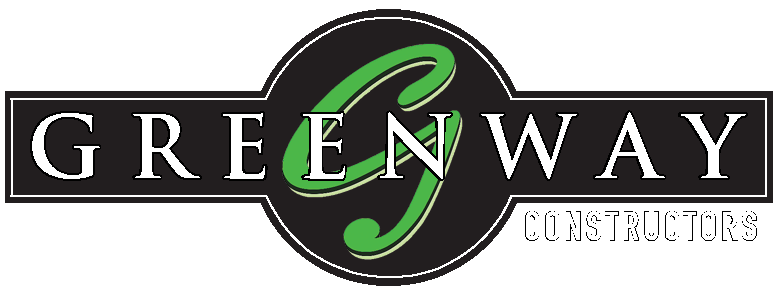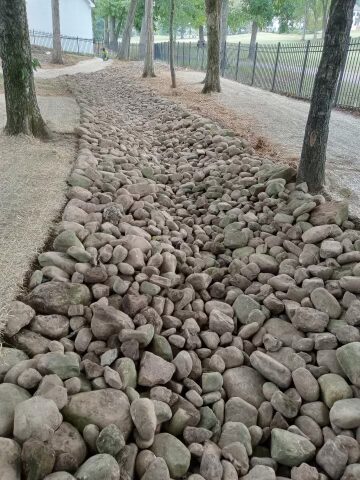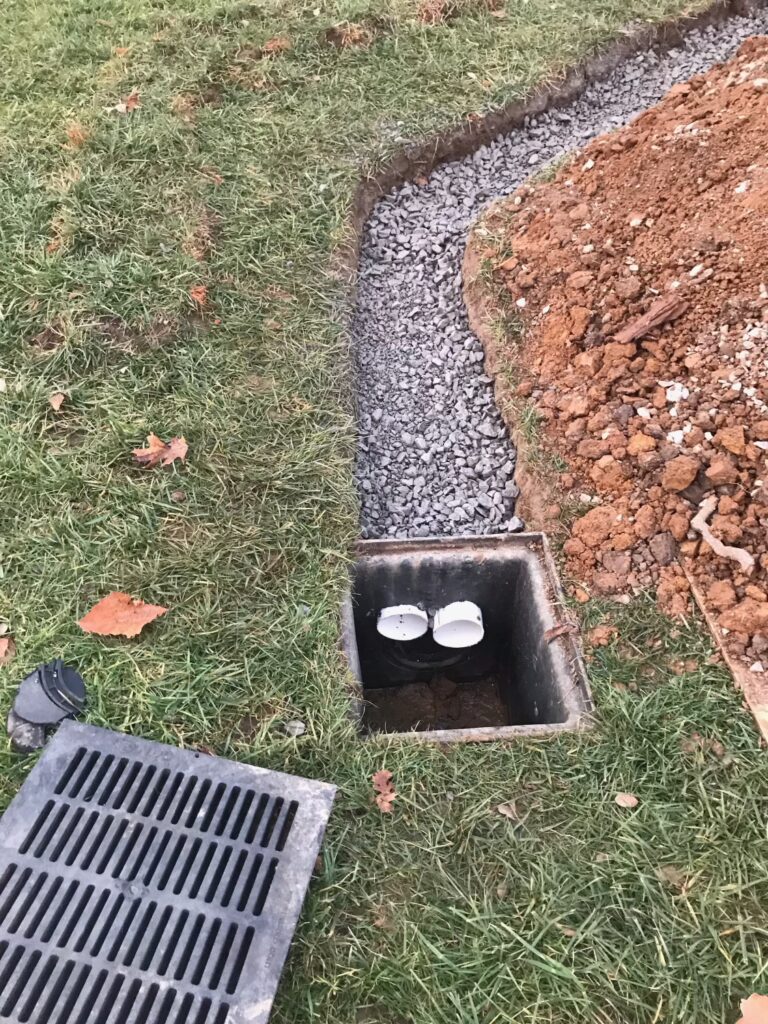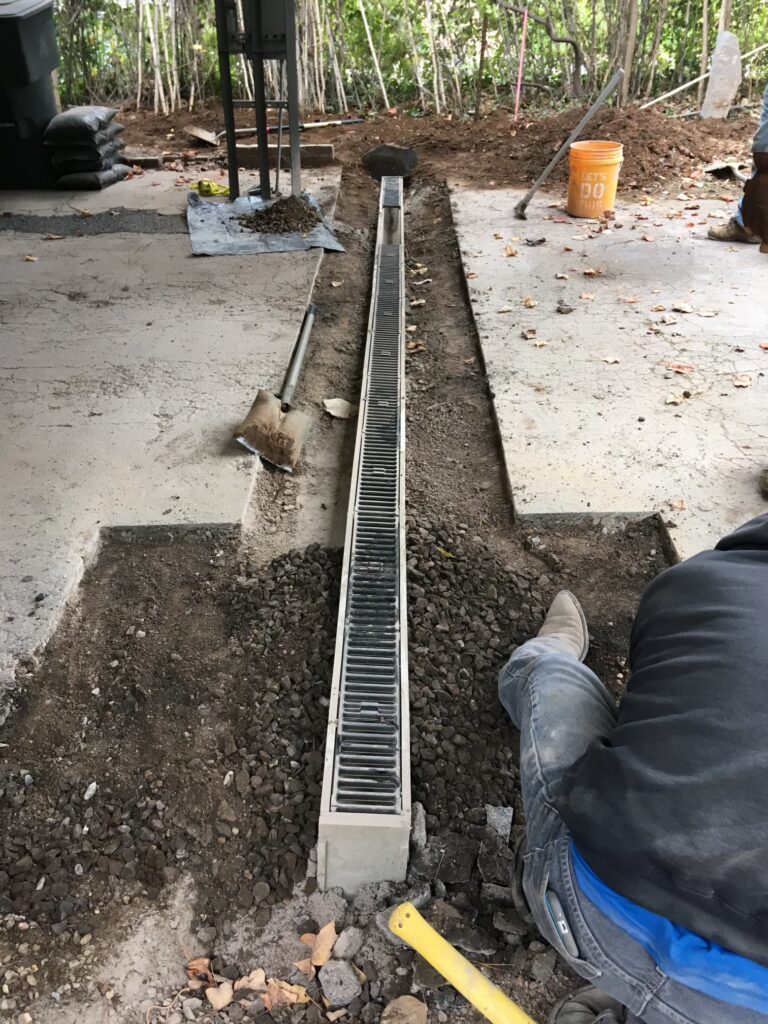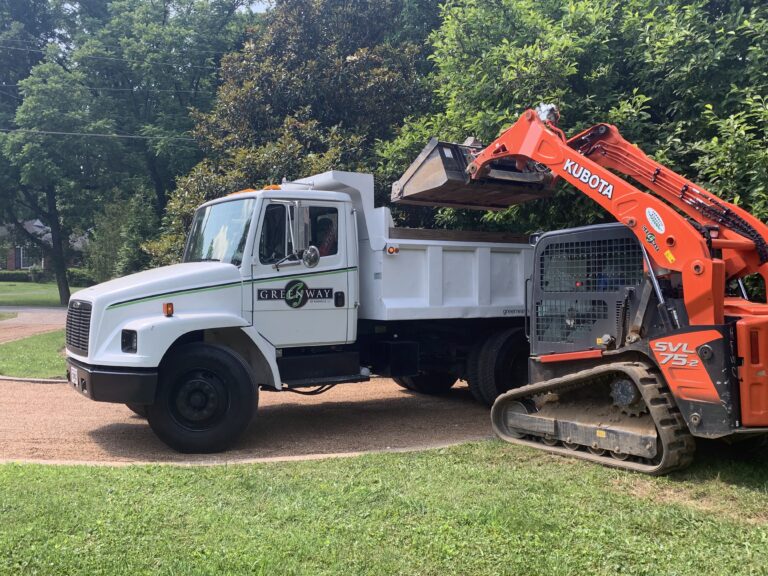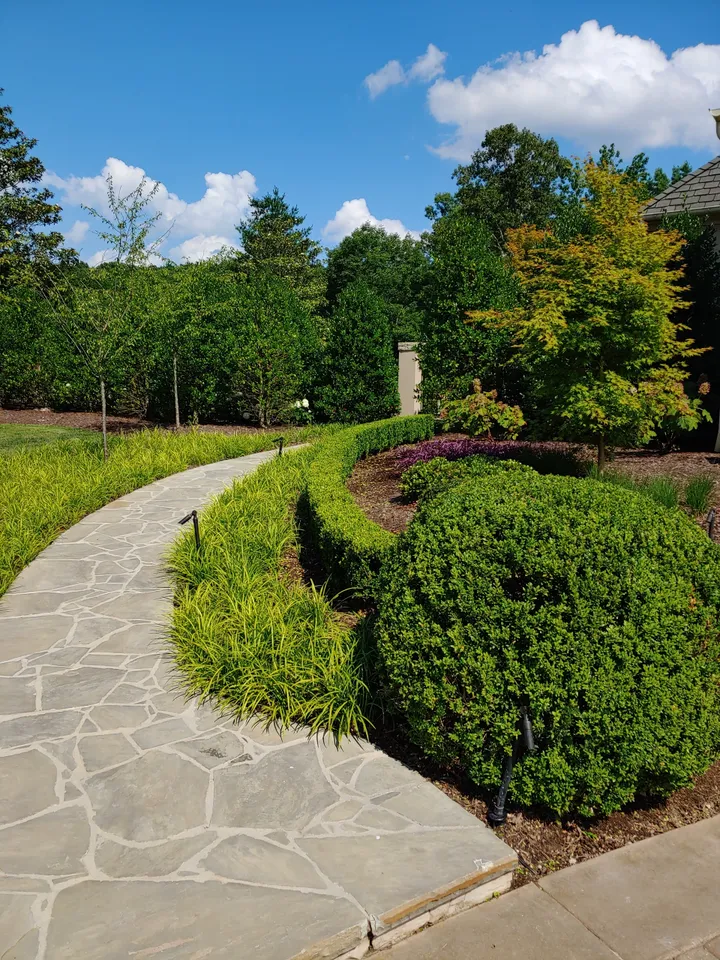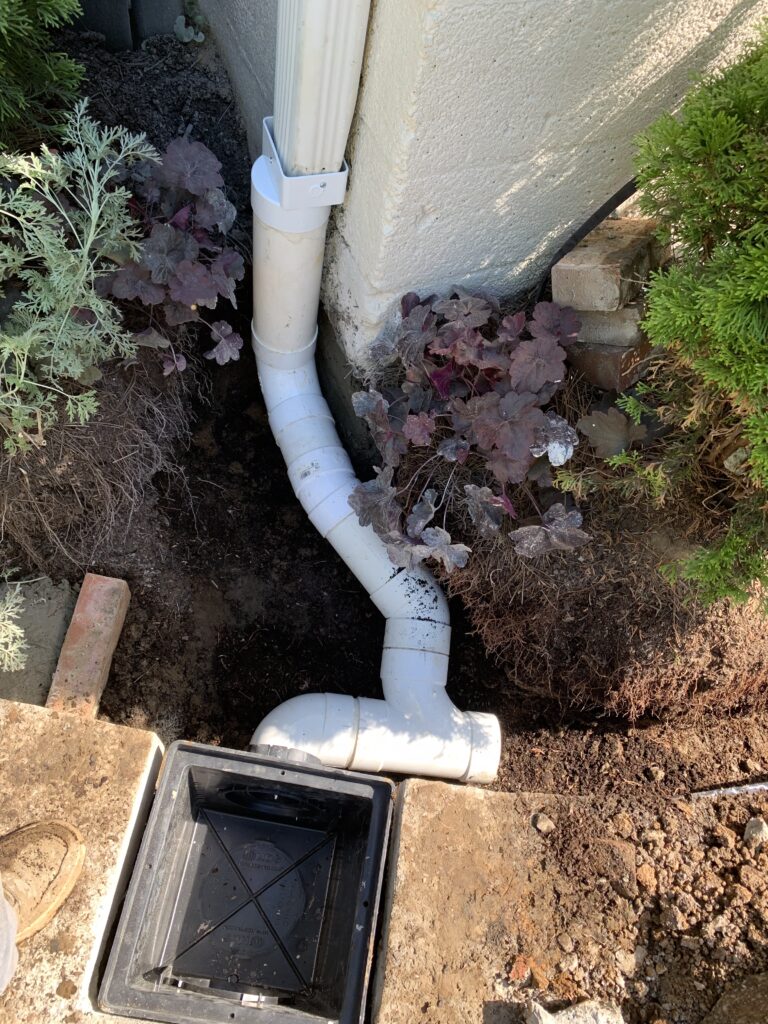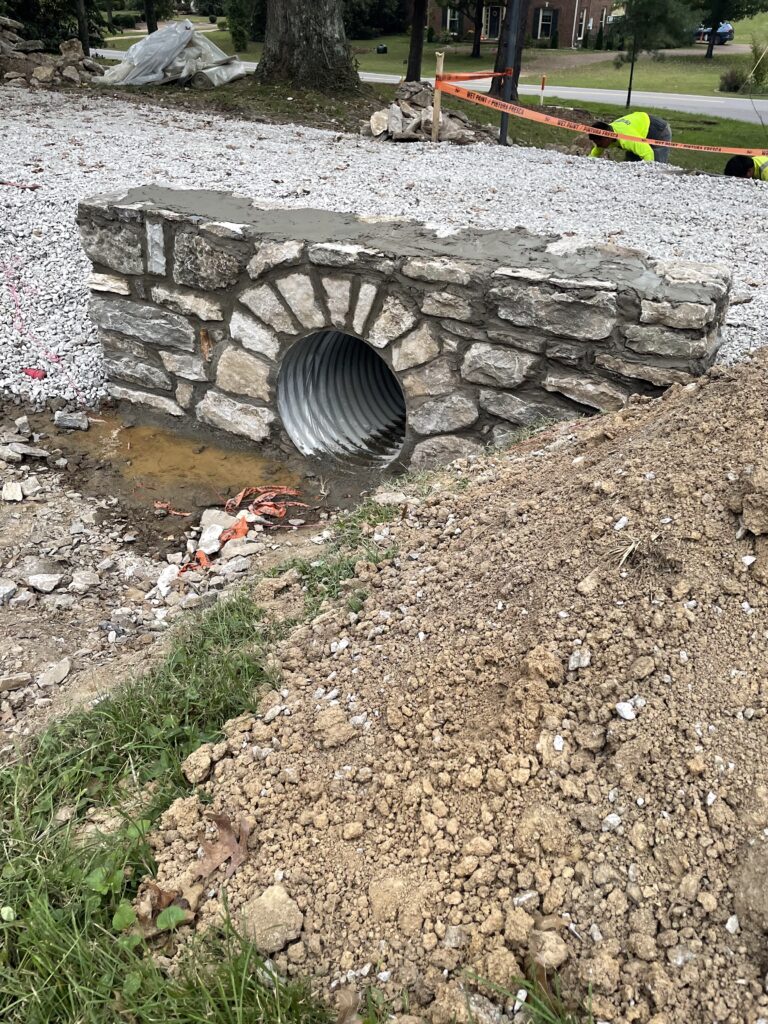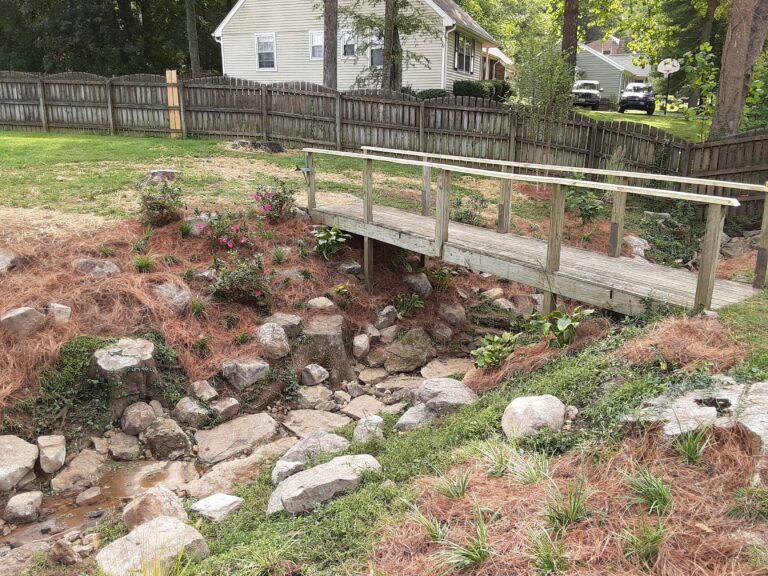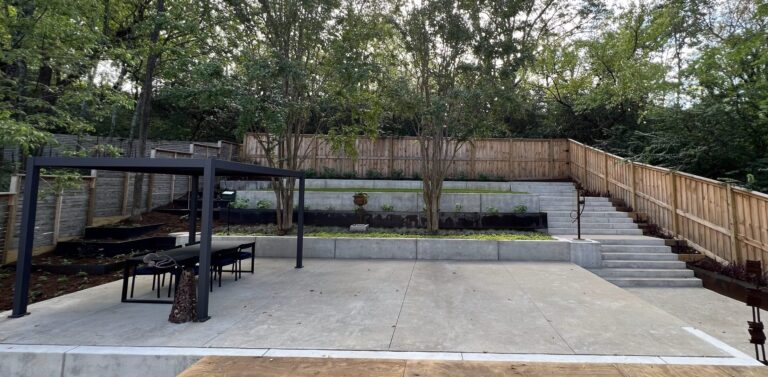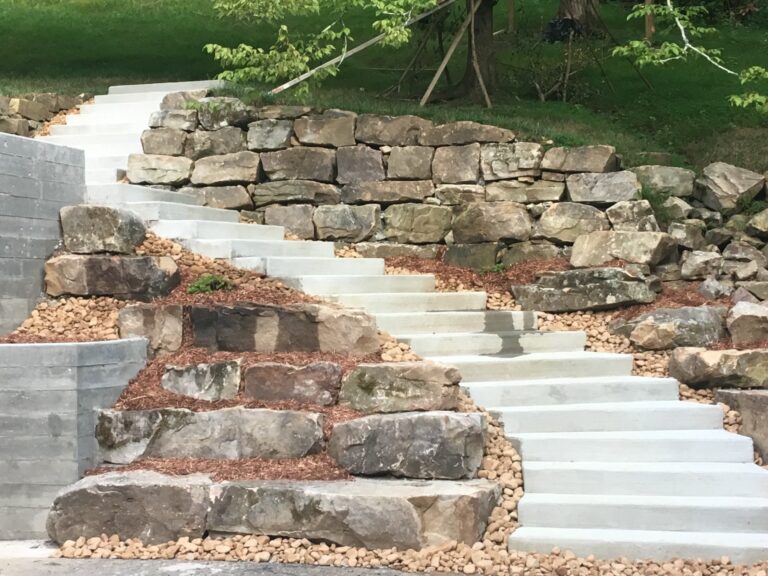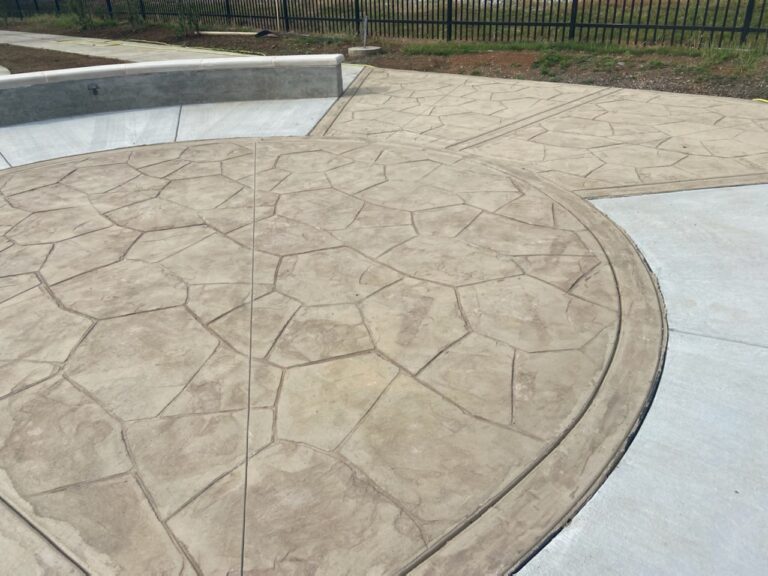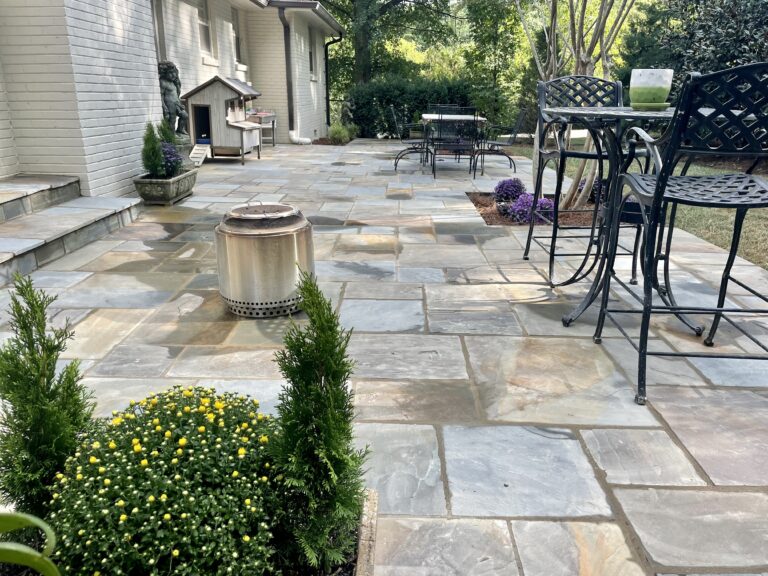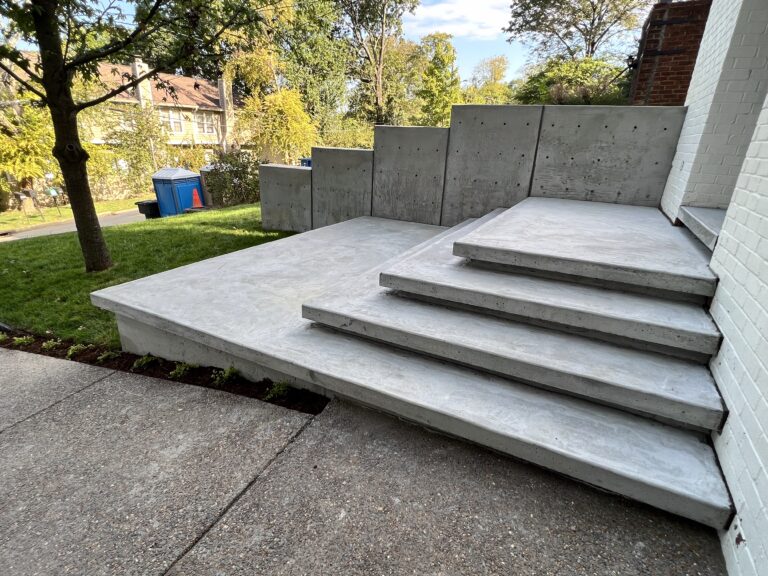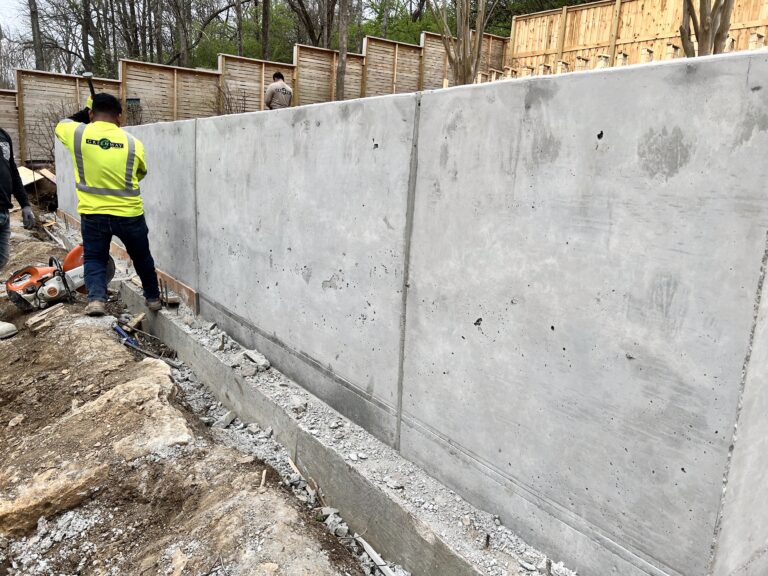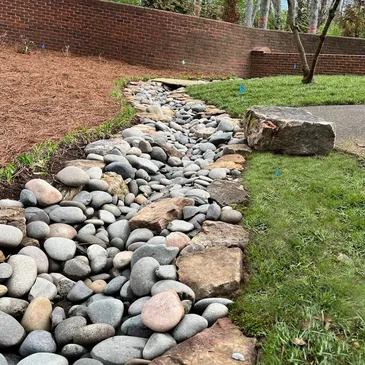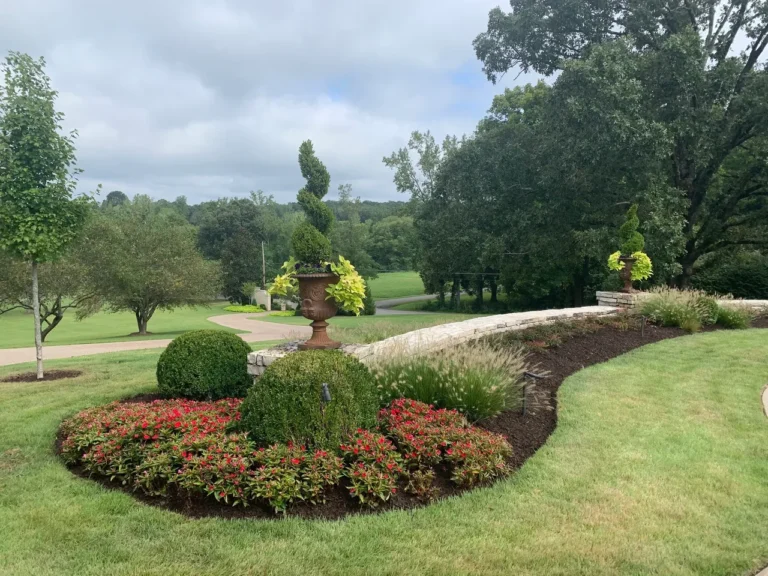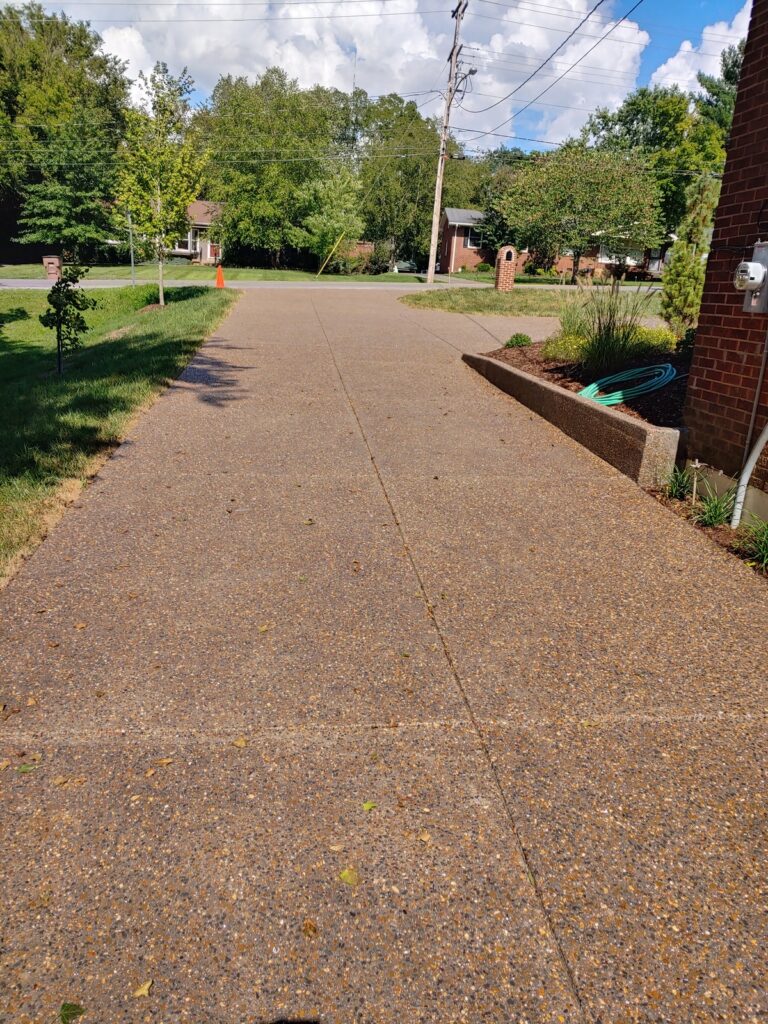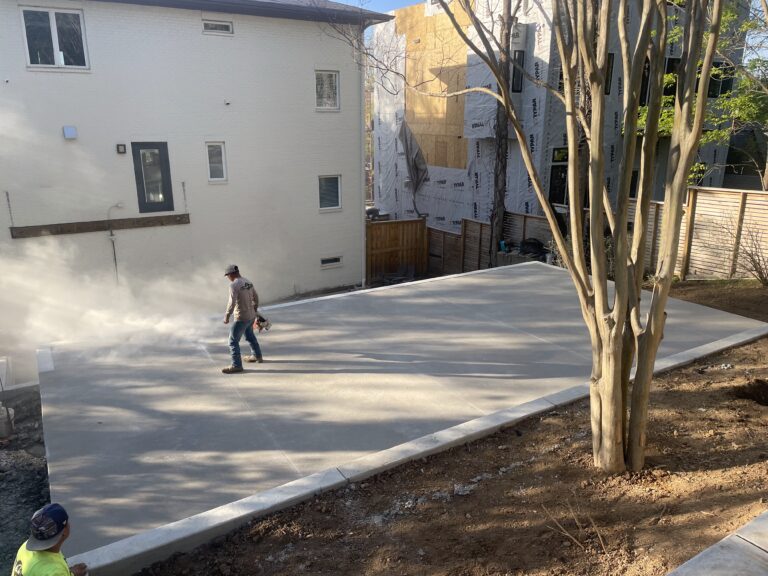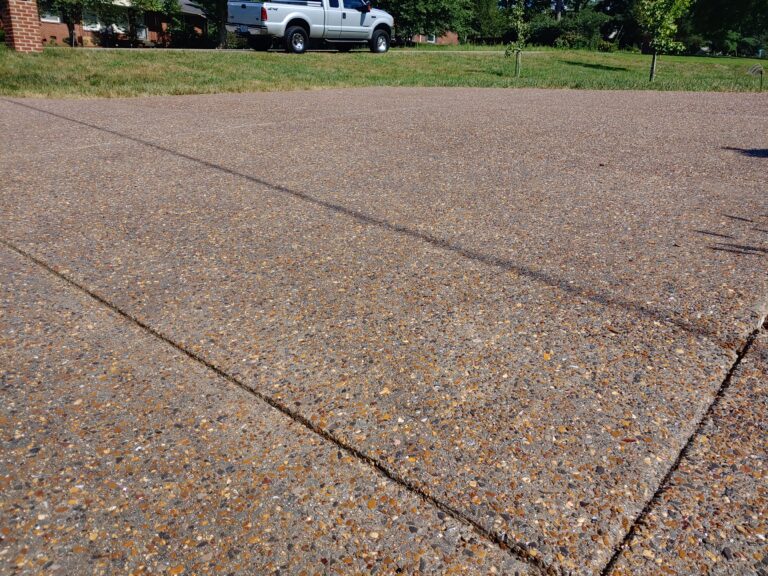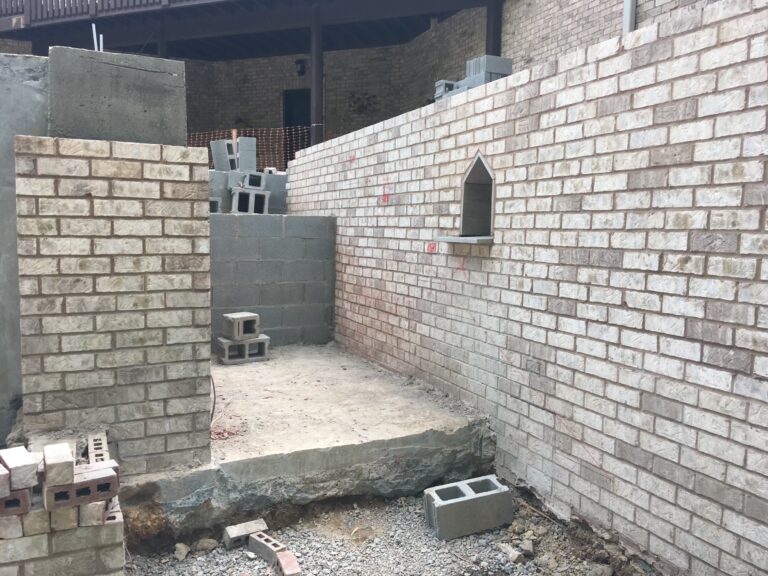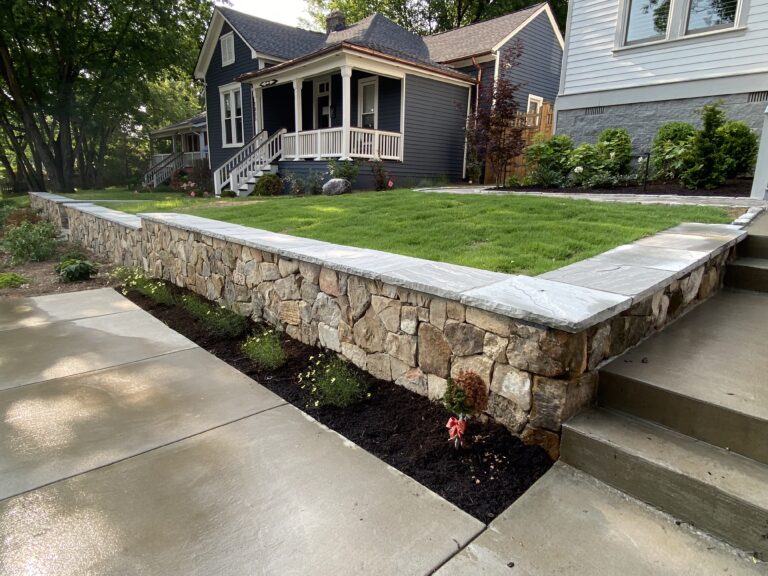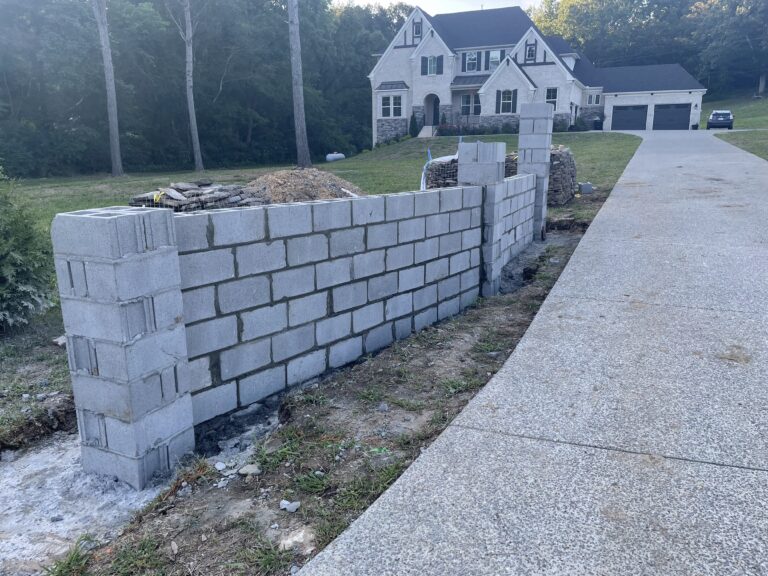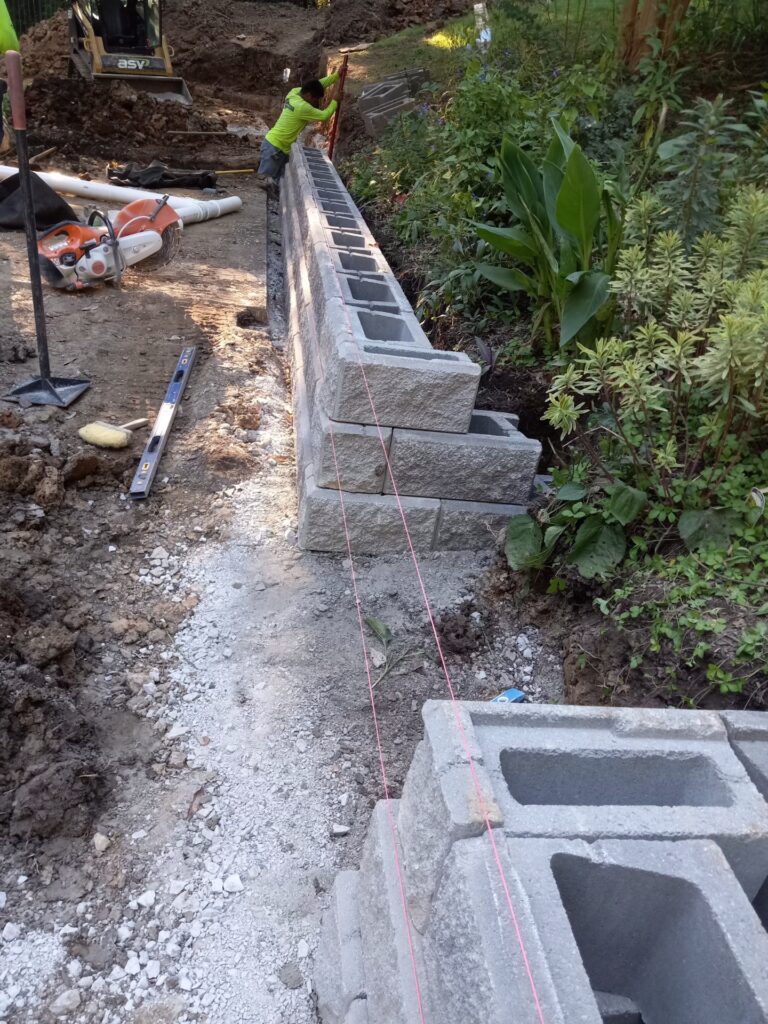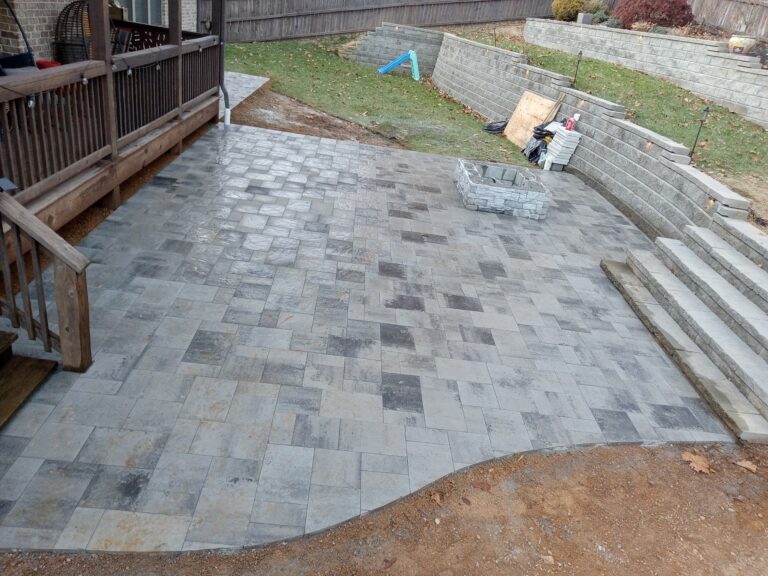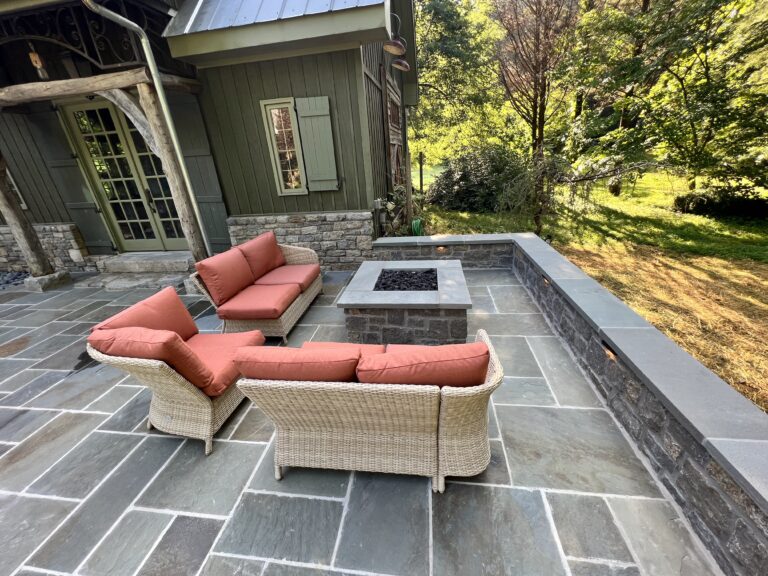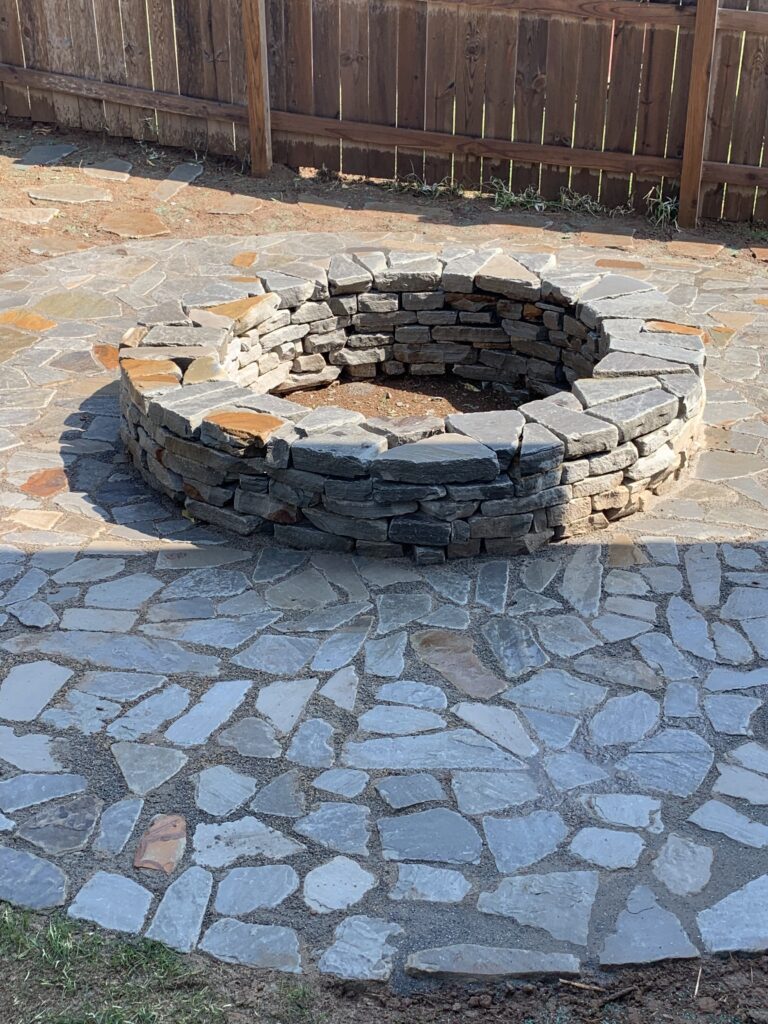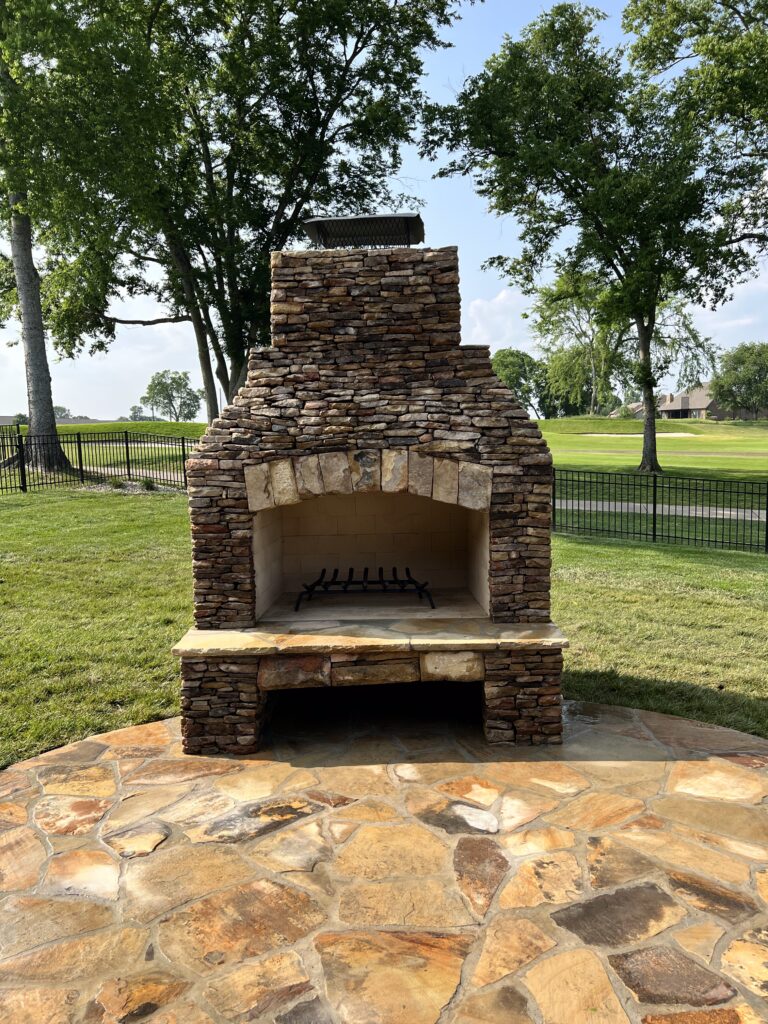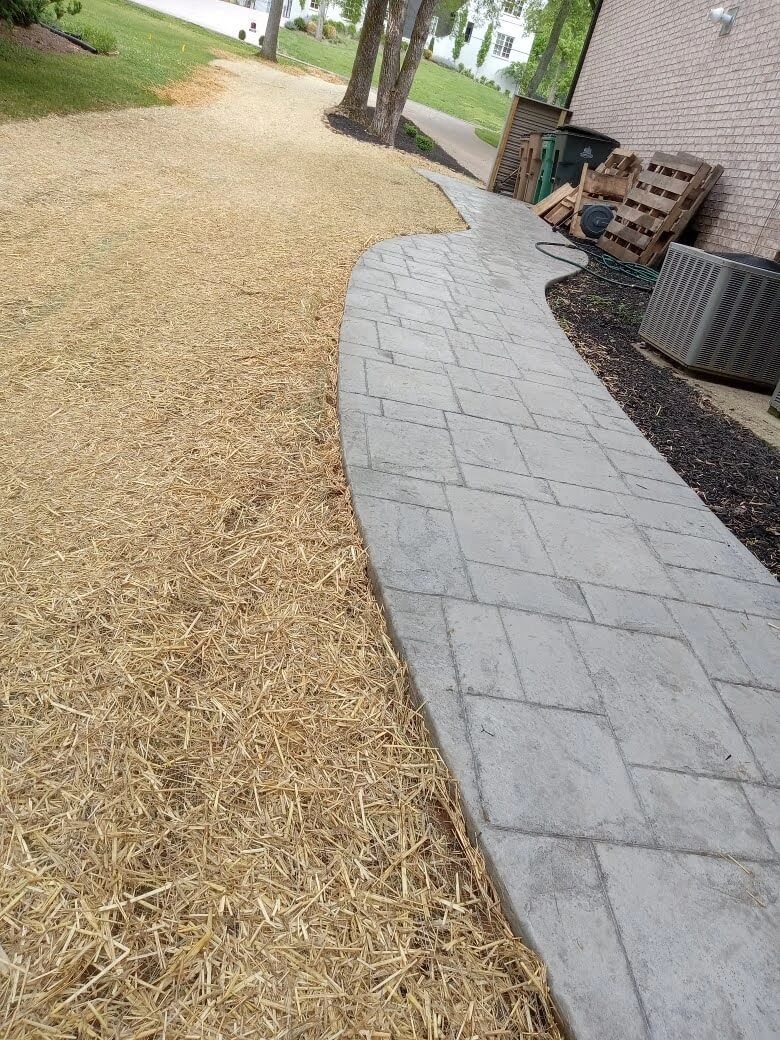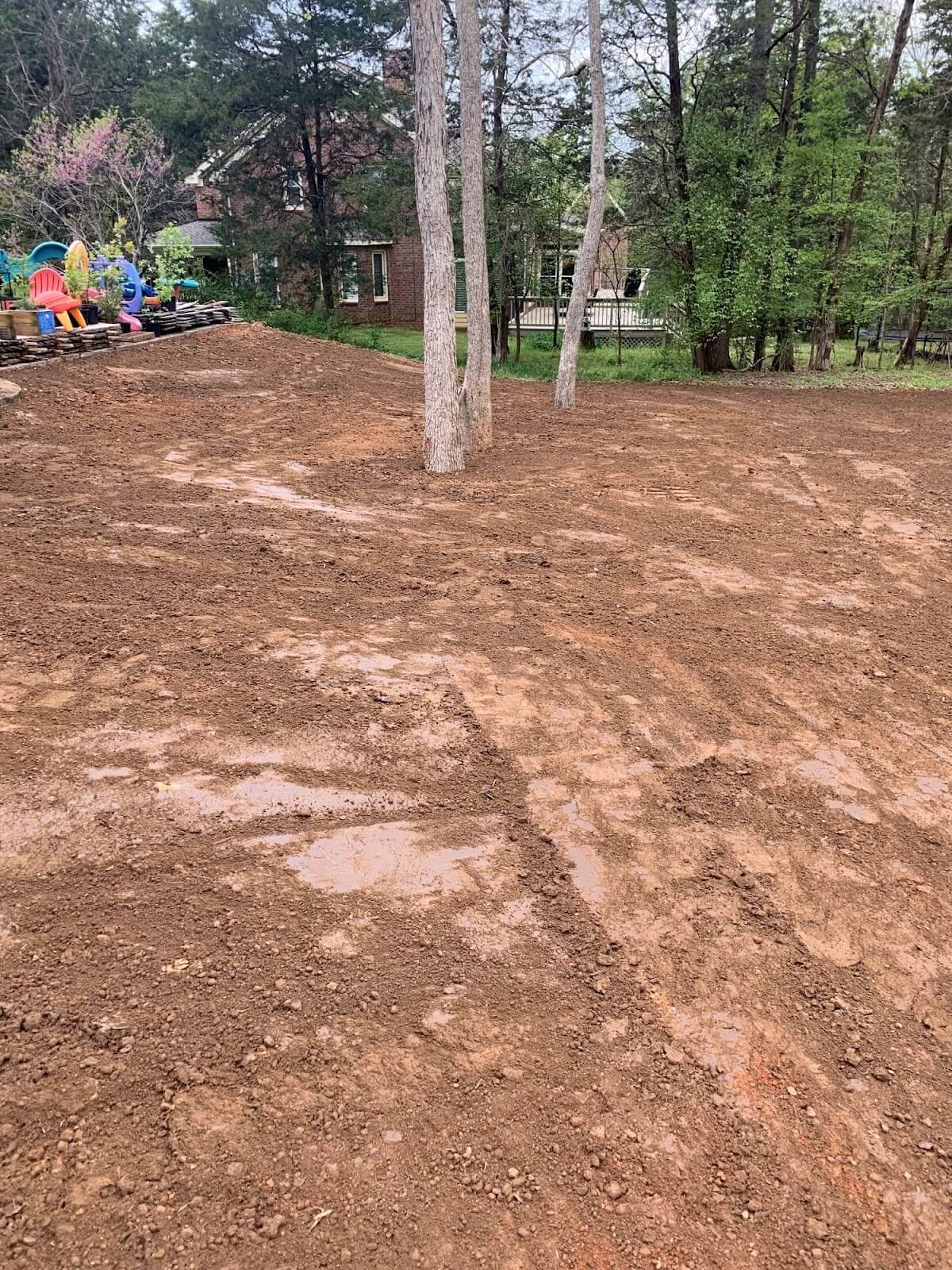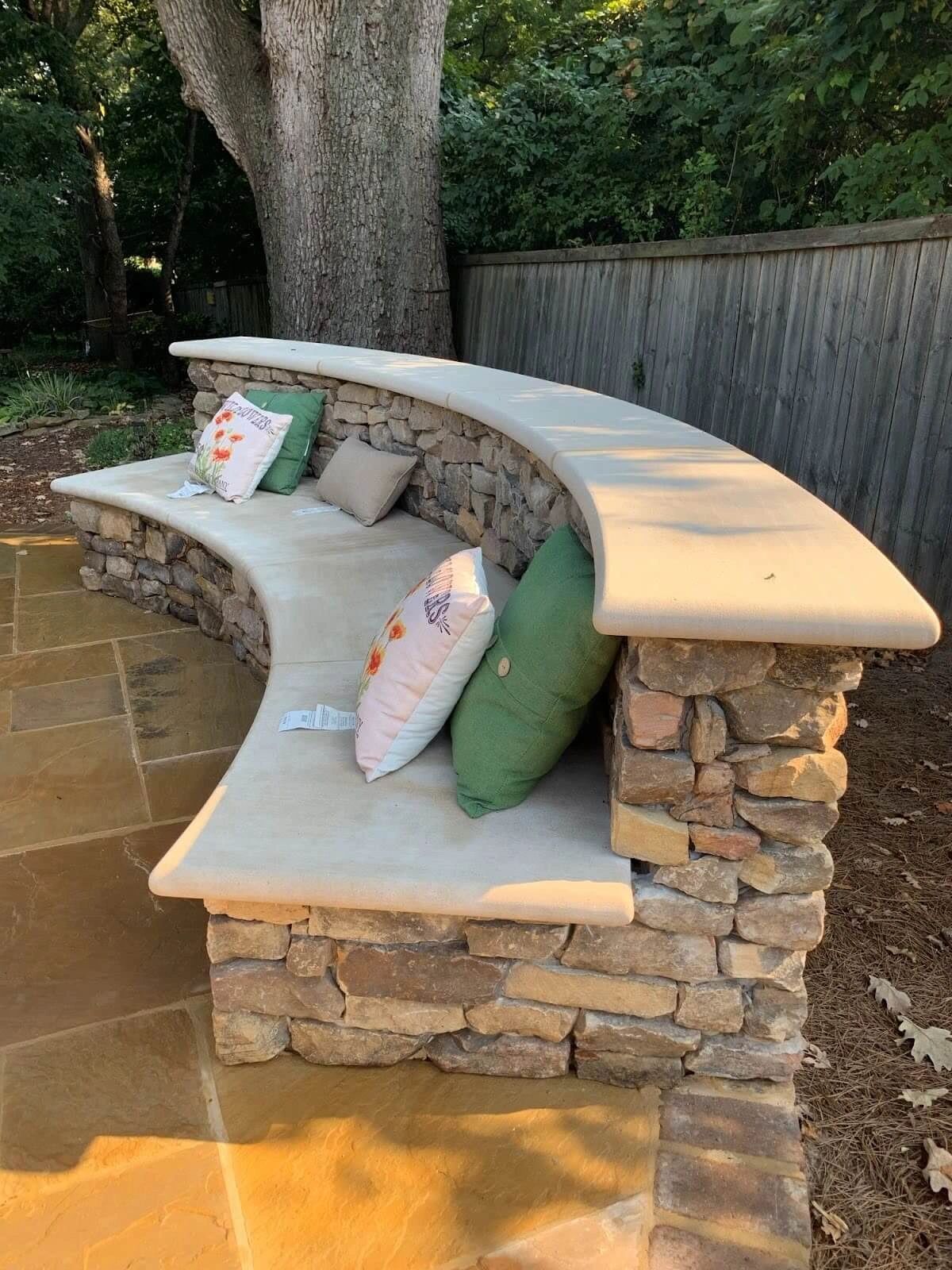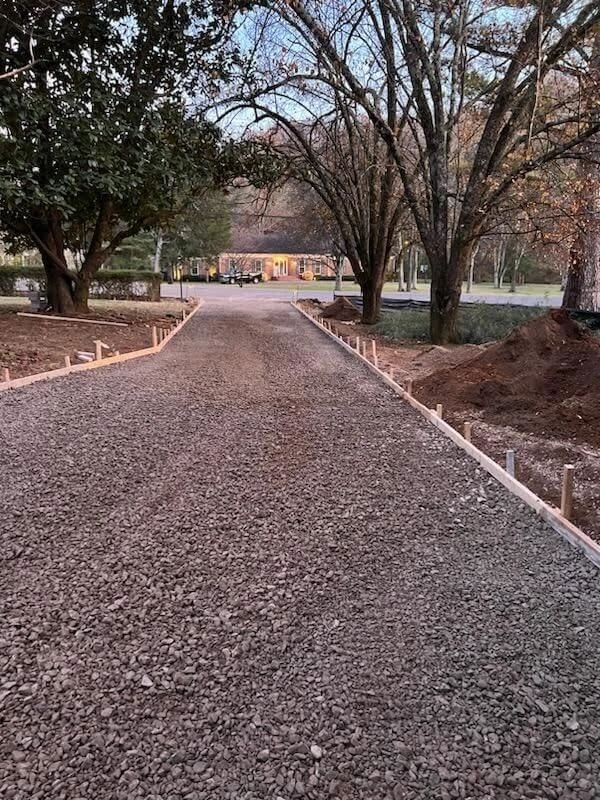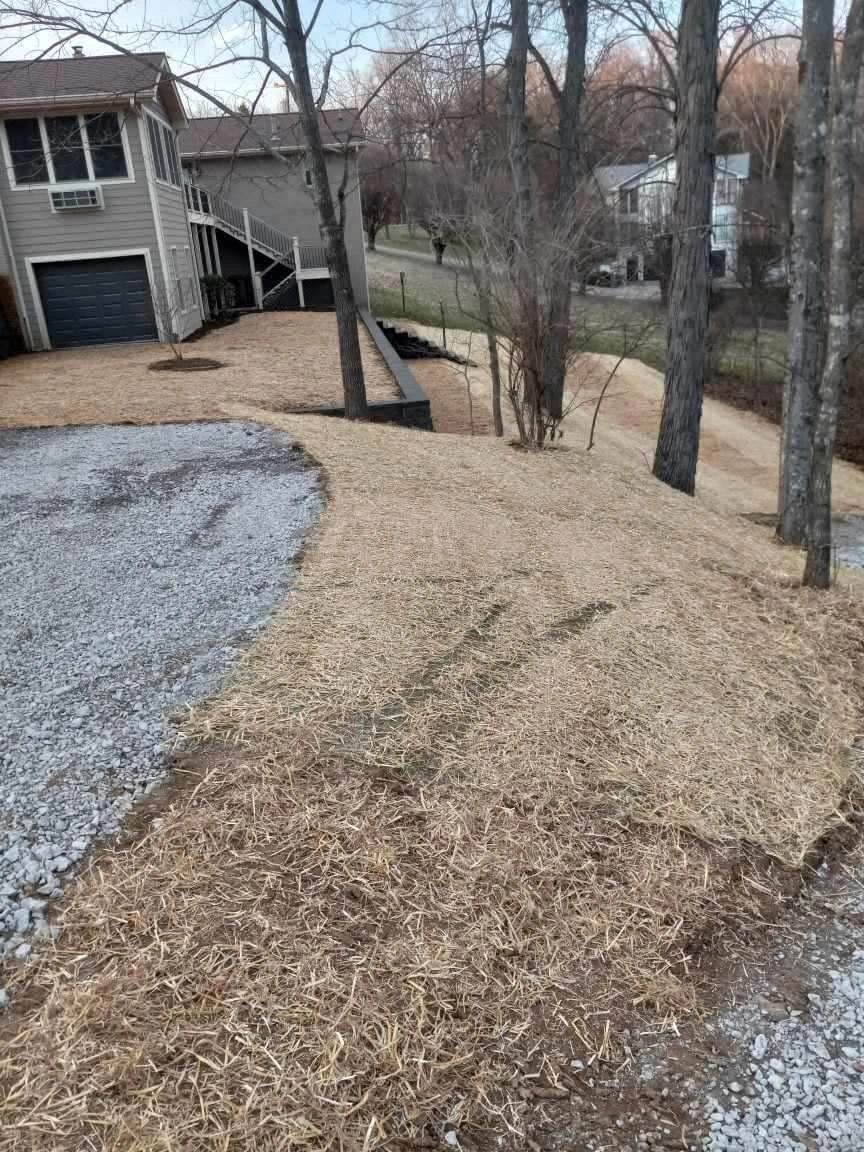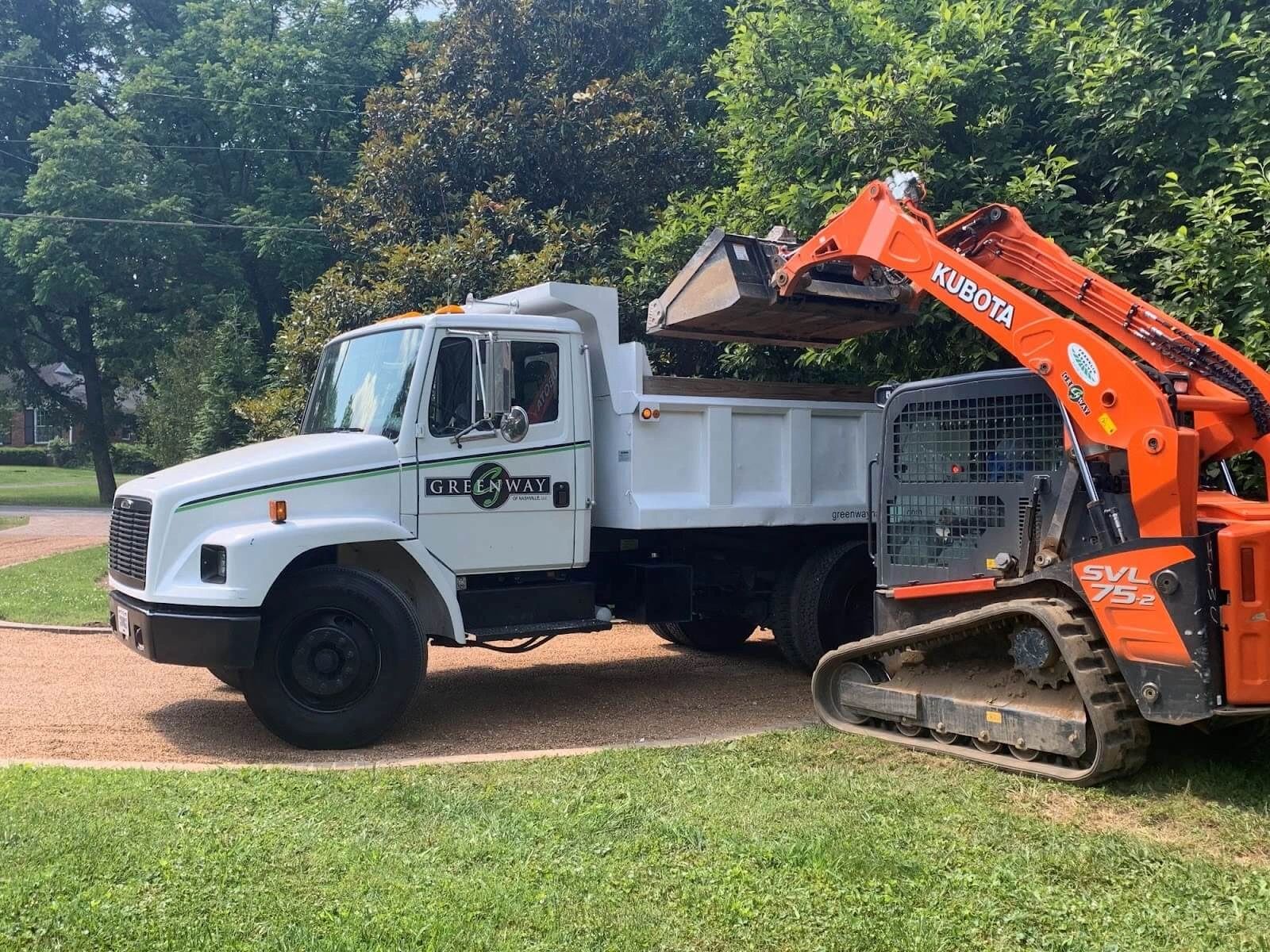In the hills and valleys of Tennessee, many houses are nestled on property with an uneven landscape. Sloped terrains, while visually striking, can present homeowners with issues such as erosion, soil instability, and limited usable space. With the right approach, these sloped properties can be transformed into stunning hillside havens. Retaining walls are a versatile and practical solution that not only addresses slope-related concerns but also adds aesthetic value to outdoor spaces. As a premier hardscaping provider, Greenway of Nashville specializes in creating outdoor environments that seamlessly blend functionality with beauty. This blog will help educate on the purpose of retaining walls, the benefits of a retaining wall on a slope, various materials for building retaining walls, the construction process, and why professional installation is paramount for the best outcomes.
The Purpose of Retaining Walls
Retaining walls serve a vital purpose in landscape design no matter the shape or type of property. Their primary function is to prevent erosion by holding back soil and controlling runoff. Stopping erosion and soil loss helps preserve the integrity of the landscape so that there is sturdiness throughout the property. Retaining walls provide structural support, stabilizing slopes and minimizing the risk of landslides or slope failure. They are also beneficial in leveling terraced areas, which creates usable space for gardens, patios, or additional landscaping features, maximizing the functionality of sloped properties. In addition to their practical benefits, retaining walls can enhance the visual appeal of outdoor spaces, adding texture, dimension, and visual interest to the landscape. The variety of materials available allows homeowners to fully customize the landscape’s appearance and create an attractive aesthetic combined with functionality.
What Is the Purpose of a Retaining Wall on a Slope?
Sloped properties present unique challenges that retaining walls can help overcome. Inclines create accelerated soil loss during rain as water runs downhill and carries the dirt with it. This erosion destabilizes the area and affects nearby structures. Sloped land also reduces functional space, particularly for patios or gardens. Retaining walls help address several issues that sloped ground faces, including:
- Soil Retention: Retaining walls prevent soil erosion and shifting, ensuring the stability of the landscape and protecting against property damage. The wall acts as a barrier that secures the soil in the location. In regions prone to heavy rainfall like Nashville, retaining wall erosion control is essential in preserving the integrity of the landscape and minimizing environmental impact.
- Space Optimization: By creating level terraces, retaining walls expand usable outdoor space, allowing homeowners to maximize the potential of their property for recreational, gardening, or entertaining purposes. The beauty of rolling land remains while still having greater usability.
- Water Management: Retaining walls can incorporate drainage systems such as French drains to redirect water runoff away from slopes, reducing the risk of erosion and water damage. Comprehensive drainage solutions provide big returns on the longevity of your property.
Materials for Building Retaining Walls
Retaining walls can be constructed from various materials, each offering unique aesthetic and structural qualities. Some will be more suited for sloped ground than others, but in general, common retaining wall materials include:
- Concrete: Durable and versatile, concrete retaining walls are suitable for both residential and commercial applications. Concrete retaining walls can be formed into various shapes and textures, offering design flexibility and long-lasting performance.
- Stone: Natural stone retaining walls blend seamlessly with the surrounding landscape, creating a timeless and elegant look. Stone walls can be built using materials such as limestone, granite, or sandstone, providing durability and visual appeal.
- Timber: Wood retaining walls offer a rustic charm and are often used in more informal or naturalistic settings. While timber is less durable than concrete or stone, it can be a cost-effective option for smaller retaining wall projects such as garden spaces.
- Brick: Brick retaining walls add a classic and refined touch to outdoor spaces. Specialized blocks for retaining walls are crafted to fit together with a slight posterior tilt in the wall to increase stability.
“Work with skilled Nashville hardscaping and outdoor construction professionals who understand your vision and respect your schedule. Contact us for a free quote!”
Construction Process of a Retaining Wall
The construction of retaining walls requires careful planning, precise execution, and adherence to engineering principles. Failure to understand common pitfalls, considerations, and how to tailor a wall to the unique needs of the location can result in buckling or early replacement. Building a retaining wall always begins with site assessment. A thorough site evaluation is conducted to assess soil conditions, slope stability, drainage patterns, and any existing structures or utilities. This sets the stage for the rest of the project. Next is the installation design process, which is based on the site assessment. A design is developed that takes into account factors such as height, load-bearing capacity, drainage requirements, and aesthetic preferences. Engineering calculations ensure structural integrity and compliance with local building codes.
Once the plan is solidified, the physical work begins with site preparation. The area where the retaining wall will be built is excavated to the required depth, providing a stable foundation for the wall. This may involve compacting the soil, adding a gravel base, or installing footings depending on the design and soil conditions. The retaining wall is constructed according to the design specifications, with attention to proper alignment, leveling, and drainage considerations. The type of material used will alter the exact installation steps. Once the retaining wall is in place, the area behind the wall is backfilled with soil or gravel, compacted in layers to provide additional support and stability.
Professional Installation for a Long-Lasting Retaining Wall
DIY enthusiasts may be tempted to tackle retaining wall ideas for a sloped backyard themselves, but professional installation offers numerous advantages.
- Expertise and Experience: Professional hardscaping contractors have the knowledge, skills, and experience to design and construct retaining walls that meet structural requirements, aesthetic goals, and budget constraints. Life happens, and obstacles occur during a project, but professional hardscape installers can easily pivot or solve issues without losing momentum.
- Quality Products and Tools: Professionals like Greenway of Nashville use high-quality materials and construction techniques, ensuring the durability, stability, and longevity of the retaining wall. Your retaining wall will be made with durable materials that won’t let you down.
- Compliance With Regulations: Many hardscaping projects are subject to local rules or permits. Greenway of Nashville is familiar with local building codes, zoning regulations, and engineering standards, ensuring that retaining walls are designed and installed in compliance with applicable requirements. We save you the time and trouble of researching rules or obtaining permits.
- Efficiency and Timeliness: Our team of contractors has access to specialized equipment and resources, allowing them to complete retaining walls in Nashville efficiently and on schedule. What could take a homeowner weeks takes a fraction of the time with Greenway!
Retaining walls play a crucial role in enhancing sloped properties in Nashville, offering solutions for erosion control, space optimization, and landscape aesthetics. With a variety of materials, construction techniques, and design options available, our retaining walls can be customized to meet the unique needs and preferences of homeowners. If your home has sloped land or needs a retaining wall, Greenway of Nashville provides expert craftsmanship, personalized service, and lasting results. Contact us today to transform your hillside haven into a functional and beautiful outdoor oasis.
Read More About:
- How Tall Should My Retaining Wall Be, Anyway?
- Do Retaining Walls Protect Your Home’s Foundation?
